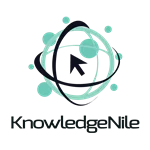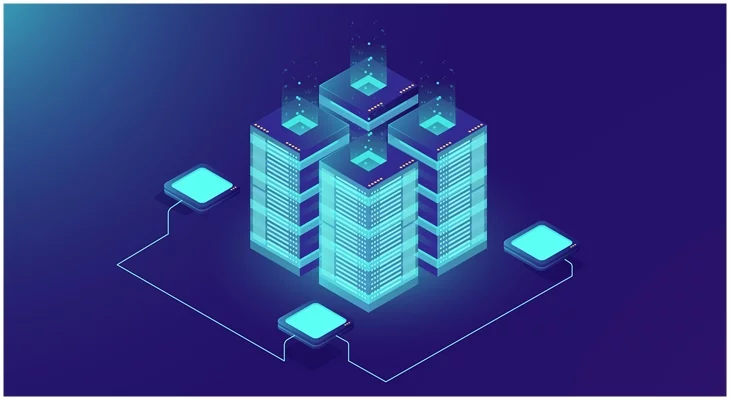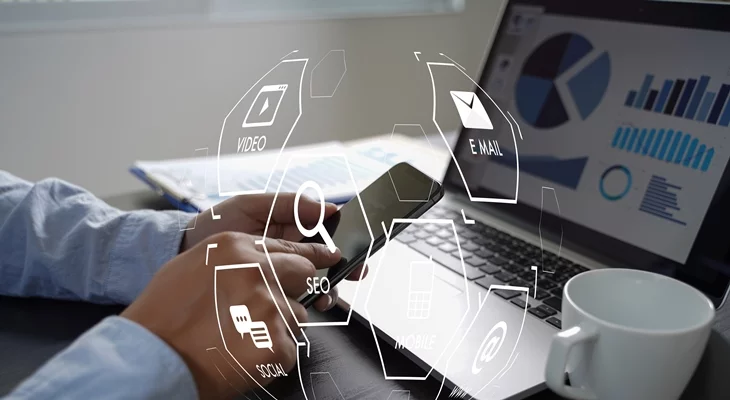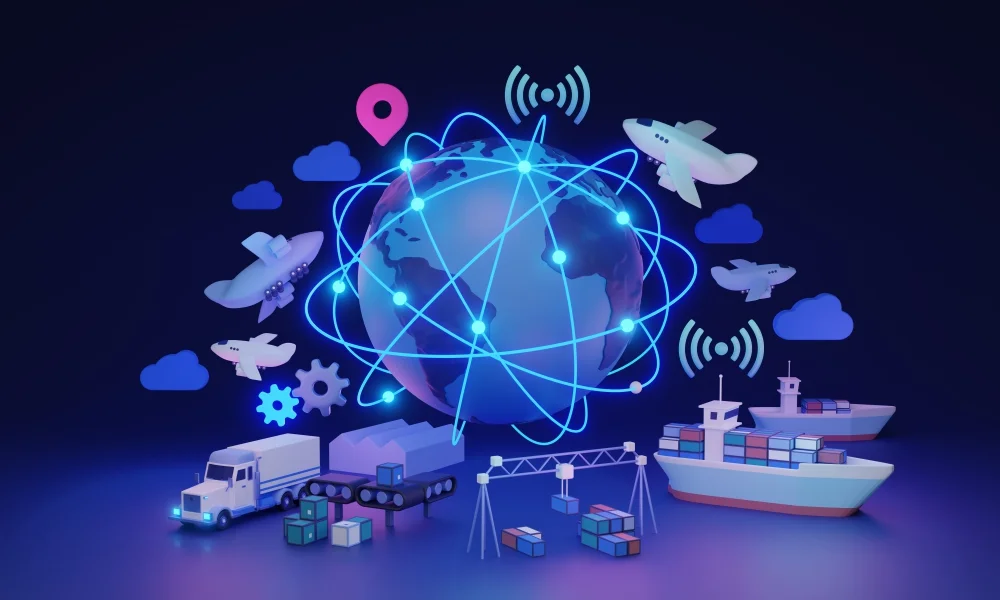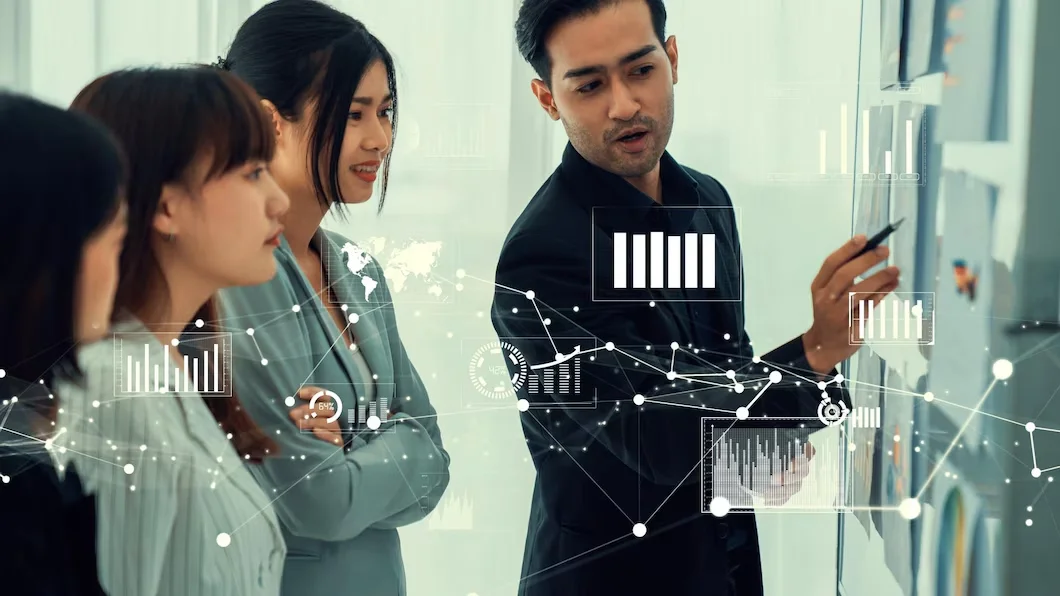Introduction
Blockchain in the education system can easily store a varied amount of educational data. Student records are endless. With blockchain technology, assets like attendance, courses, payments toward tuition if they attend a private school, grades, coursework can be stored. Also, their diploma can become part of their personal blockchain record. These records cannot be deleted. Thus, they contribute to data security by being immutable. It is also the student's property, not the school's. No one can tamper with a record once recorded on the blockchain. If a record contains an error, a new record must need an addition to correct the problem. Still, both the incorrect and correct records will be visible.
- Blockchain In the Education System: Use Cases
- Blockchain In the Education System: Advantages
- Easy Data Access For Students
- Enhanced Security And Efficiency
- Trust And Transparency Between Job Seekers And Employers
- Efficient Business Processes
- A New Digital Asset Market
- Establish Additional Qualifications
- File Storage On The Blockchain
- Putting Lessons And Courses Into Practice
- Blockchain Lowers Costs
Blockchain In the Education System: Use Cases
Records of Students
Academic transcripts are one of the most time and labor-intensive tasks in higher education. Each entry needs verification. This ensures accuracy before issuing a certified transcript of a student's grades.
The certification of course contents is another type of student record that is frequently requested. Imagine a student in one state taking an 'Algebra' class. He then transfers to another state to attend a school that also offers an 'Algebra' class. So far, everything has gone well. But, Is the content of both courses the same? Comparing the content of the courses is one way to verify this. This can be a tedious task.
The entire course content at the university for medical school is around 700 pages. Each page needs a signature and stamp for each student who requests this record. But, if this information were stored on a blockchain, a person could get a complete, verified record of content courses and academic achievements with a few clicks.
Certificates and Diplomas
Diplomas and credentials for students could be issued and stored on a blockchain. Employers would only need a link to a digital diploma instead of asking the institution that issued the diploma to certify a paper copy. MIT started issuing digital, blockchain-based diplomas to its graduates in 2017. This prevents people from submitting fake degrees to potential employers.
Badges
Aside from degrees, a typical resume contains a wealth of extra information that employers may find useful. Skills such as foreign language proficiency, technical knowledge, or unique abilities that aren't related to a person's profession. But, these abilities are difficult to verify. Yet, a person can hire a third-party expert to verify that skill and issue a certificate or badge.
Storing these badges on a blockchain proves that the person in question possesses the necessary skills. Open Badge Passport, for example, is the first step in this direction.
File Storage
Institutions will need a lot of file storage space to store digital curricula, records, degrees, and other information. Back to the issue of centralizing the files, storing everything on local hard drives. It would be a major issue if the hard drives face damage or compromise in any way. Blockchain-based cloud storage services like Filecoin could be one solution.
Courses And Lessons
Many blockchains also support smart contracts. This means that lessons and courses can install into the blockchain. They can also run after meeting certain criteria. For example; A teacher could assign students tasks. The smart contracts on the blockchain verify the completion of each task.
Teachers could get payment in crypto tokens for completing all tasks. Also, students will get credits. This method could make it easy to layout entire courses.
Publishing
Students, teachers, professors, and researchers produce high-quality content on a regular basis. But, getting it published is a difficult task. Science has a long history of excellent research being rejected by scientific journals for a variety of reasons. Nonetheless, the authors of many of these research went on to win Nobel Prizes.
Getting your paper published is difficult. But, publishing on a blockchain could make it easier for new writers, researchers, and other professionals. It would help them to break into the industry. Blockchains may also aid in the management of rights and the prevention of piracy.
Cost-Cutting
Many of the applications imply that many labor-intensive, time-consuming processes will be automated. This results in lower costs for institutions. This could result in savings for students who won't have to pay back loans for years. Schools and universities could also save money by eliminating middlemen in many activities. They can also save on file storage space.
Rewards
Computer nodes verify the integrity of the data stored on a blockchain. They get rewards with digital tokens such as bitcoin or ether. This is also known as cryptocurrency mining. People who use computers to verify blockchains related to education will get rewards in the form of tokens.
These tokens could then be traded for other crypto or fiat currencies. This exchange happens on a secure cryptocurrency exchange like Kraken. Tokens can also pay for goods and services within the education community, with cafeterias, bookstores, and even tuition accepting tokens as payment.
Blockchain In the Education System: Advantages
Easy Data Access For Students
Student data such as credentials, skills learned, and other information can be stored on the Blockchain. This removes the central administrator such as a university. In this way, the student can keep the information for the rest of his or her life as well as own and control it.
This establishes credibility with employers. It demonstrates that the information provided in their resume is accurate.
Enhanced Security And Efficiency
Blockchain has the potential to protect students' data. It does so by ensuring their identity, privacy, and security. You can protect data privacy by not storing it and instead using a hash. Also, before storing the data on the Blockchain, you can encrypt it.
Trust And Transparency Between Job Seekers And Employers
Students cannot alter their creditability. They cannot alter their grades, degrees, or certifications, using Blockchain. This assures employers that job applicants have the necessary skills for the job.
Employers will be able to find better matches for the positions that job seekers have applied for as a result of this. This is especially true with distributed ledger technologies.
Efficient Business Processes
University diplomas based on the blockchain are virtual transcripts. It is a record of all educational achievements over a person's lifetime. This is the most significant advantage of Blockchain in education. This variable transcript reduces CV fraud and increases credential verification.
A New Digital Asset Market
Another critical area where blockchain finds application is in the student payment process. Another time-consuming task is streamlining the payment process. This involves students, parents, financial institutions, scholarship-granting agencies, governments, and educational institutions. Cryptocurrencies can play a significant role in this area in the future as a student payment method.
Establish Additional Qualifications
Degrees or certifications aren't the only things that restrict student records. You may know a variety of other things, such as multiple languages, soft skills, technical knowledge, or any other specific ability. You can store it in Blockchain and later provide a link to establish your credentials. Because these abilities are difficult to verify, the Blockchain records of them are unquestionable.
Open Badge Passport is one of the first steps in this direction.
File Storage On The Blockchain
An institution deals with a large number of records, such as digital curricula, degrees, and other data. All this takes up a lot of file storage space. If they save it to a local drive, it could be a matter of information centralization. Second, they can save it in the cloud. This may incur extra charges.
In this case, Blockchain could be a viable option for decentralized file storage. Blockchain-based cloud storage services like Filecoin could be one solution.
Putting Lessons And Courses Into Practice
Smart-contract-capable blockchains can help to automate lessons and tasks. This means that lessons and courses can be programmed into the Blockchain. They can then run automatically after meeting certain criteria. A teacher, for example, could assign students tasks. Smart contracts on the Blockchain could verify the completion of each assignment.
Blockchain Lowers Costs
By implementing Blockchain, we will be able to automate repetitive tasks. This results in lower costs for educational institutions. This will also result in student savings. Schools and universities could also save money by eliminating middlemen in many activities. Also, they could save resources on file storage space.
Conclusion
Blockchain will boost the end of a paper-based certificate system. Educational institutions can issue any type of certificate in a permanent and secure manner. Additionally, there is the possibility of automating the issuance and storage of awards. Also, the recognition and transfer of credits can also be secured. The blockchain can help to store and verify an entire record of formal achievements over the course of a person's life.
Through cryptocurrencies, blockchains have already altered the economic landscape. Some of the benefits of Blockchain in education are barely covered in the points mentioned above. Because the necessary technology is already in place, Blockchain in education is feasible in the near future.
